
This is my preferred way
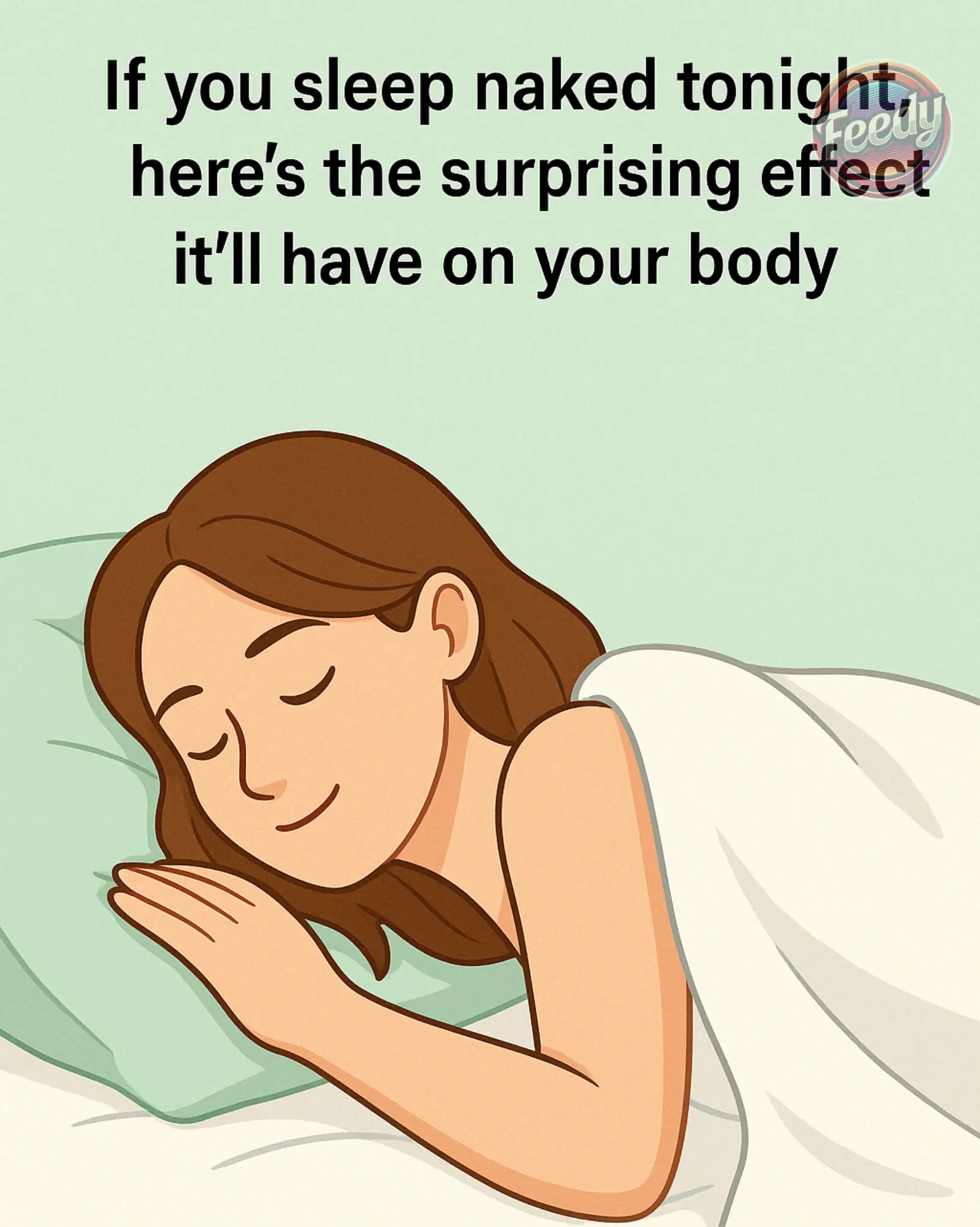
In the pursuit of better health and well-being, even the smallest changes to your routine can make a big difference. One increasingly popular—and surprisingly simple—habit gaining traction is sleeping naked. As more people embrace minimalist and natural lifestyles, ditching pajamas at bedtime is being recognized not just as a comfort choice, but as a wellness upgrade. While it’s not for everyone, understanding the science-backed benefits might just change how you sleep tonight.
1. Body Temperature Regulation: Let Your Body Breathe
When you sleep, your body naturally cools down to help trigger deeper, restorative sleep. Wearing clothes to bed can trap heat and interfere with this process. Sleeping naked helps your body regulate its core temperature more efficiently, reducing the risk of overheating. The result? You fall asleep faster and experience fewer disruptions throughout the night.
2. Better Sleep Quality and Deeper Rest
Research has shown that sleeping without clothes can promote higher-quality sleep by reducing nighttime discomfort and allowing your body to move freely. Without restrictive garments, you’re less likely to wake up due to tossing, turning, or adjusting tight waistbands. This freedom encourages a smoother transition through the stages of sleep, especially the all-important REM phase, which is linked to memory, emotional balance, and overall brain function.
3. Skin Health: Clearer, Healthier Skin While You Sleep
Your skin is your largest organ—and it needs air too. Sleeping naked boosts ventilation, helping your skin breathe and reducing sweat buildup. This prevents blocked pores, bacterial overgrowth, and skin conditions like acne or fungal infections. Especially for those with sensitive skin, it offers a natural and breathable alternative to synthetic fabrics that can irritate overnight.
4. Metabolism and Weight Balance
Though not a direct fat-burning method, sleeping naked can support healthy weight management by enhancing sleep quality. Deep, uninterrupted rest helps regulate hormones like cortisol, leptin, and ghrelin, which control appetite and cravings. By improving your sleep patterns, you're also more likely to make healthier eating decisions throughout the day.
5. Reproductive Health and Fertility Benefits
Temperature plays a critical role in reproductive health—especially for men. Sleeping without underwear or pajamas helps keep the testicles cool, which is essential for optimal sperm production and fertility. For both sexes, increased airflow in the pelvic area reduces the risk of yeast infections and promotes overall genital health.
6. Mental Health: Boosting Confidence and Reducing Stress
There’s something inherently liberating about sleeping nude. It fosters a deeper connection with your body, enhances body confidence, and promotes self-acceptance. This physical freedom can also translate into reduced stress and anxiety, as you drift into sleep feeling more comfortable in your own skin—literally and emotionally.
7. Climate and Personal Comfort: Know What Works for You
Of course, sleeping naked isn’t a one-size-fits-all solution. In cooler environments, it may require extra blankets to maintain warmth. In warmer or humid climates, it can offer instant relief. Ultimately, it comes down to what makes you feel safe, cozy, and well-rested. Don’t force it—let your comfort guide the habit.
8. When Sleeping Naked Isn’t Ideal
There are a few practical considerations. If you share a room with others, live in a communal setting, or have small children who might barge in, sleeping nude may feel awkward. Allergies to certain bedding fabrics or emergency situations might also make wearing sleepwear more sensible. In these cases, lightweight, breathable materials can offer a middle ground.
Conclusion: Should You Try Sleeping Naked?
While unconventional to some, sleeping naked is a scientifically supported way to improve sleep, skin, metabolism, and emotional well-being. It’s free, easy to try, and may offer benefits you hadn’t considered. Like any wellness choice, it’s deeply personal—so weigh the pros and cons, listen to your body, and decide what works best for you. You just might wake up feeling better than ever.
News in the same category

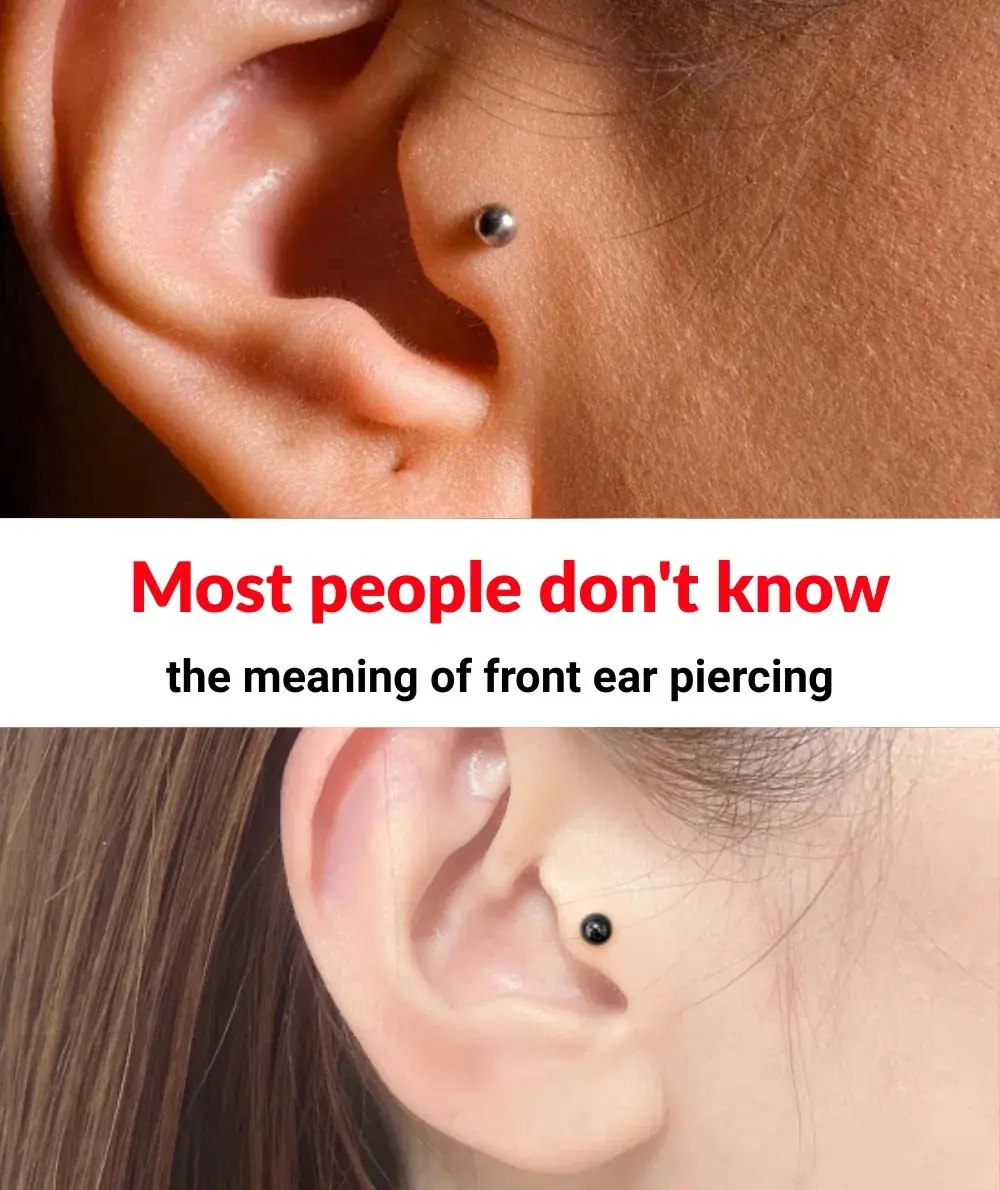
Tragus Piercing – A Small Symbol with Big Personality

This optical illusion may help identify autistic traits in seconds

Scientists Grow First Fully Formed Tooth In Lab — A Groundbreaking Breakthrough
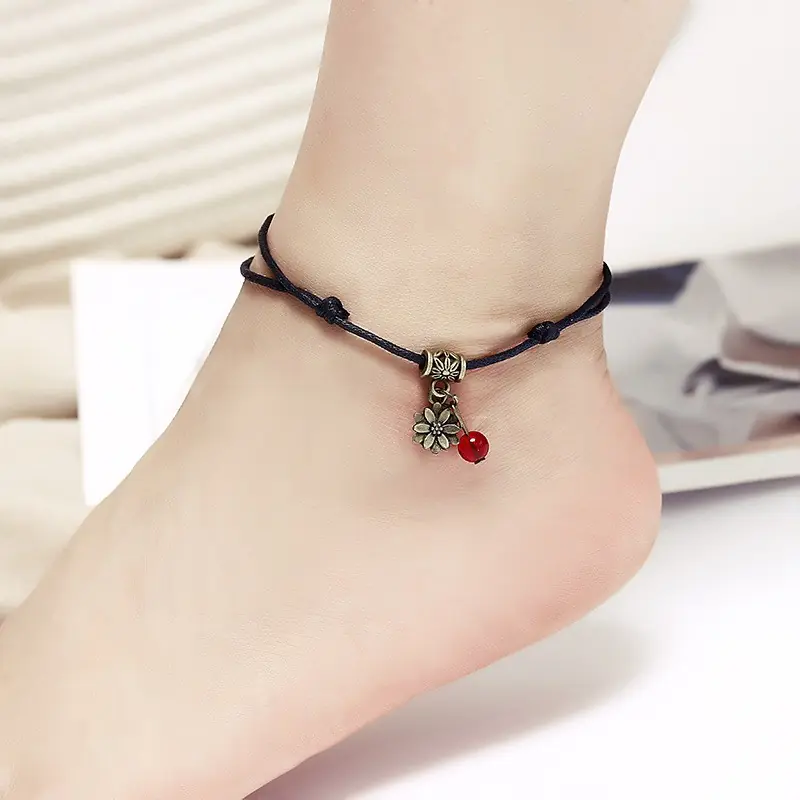
The Hidden Meaning Behind Wearing an Ankle Bracelet—Most People Have No Idea

Disturbing Post Surfaces From FSU Shooter Just Before Campus Tragedy

Photographer of tragic little girl trapped in volcanic mudflow explains why he didn’t help her

New COVID Wave Surges — Health Officials Sound Alarm As Cases Double

It is with heavy hearts that we announce the passing of this legendary actor

Amber Heard’s Face Is The ‘Most Beautiful In The World,’ According To Scientists

Jin of BTS is going on a solo tour!

Optical illusion reveals whether you’re an introvert or extrovert

A patient passed away after a nursing intern accidentally injected milk coffee into their vein.

The IT boss, his wife, and their three kids were identified as the victims of the New York helicopter tragedy

UK: A penniless father of 3 commits suicide while waiting for welfare payments

NASA’s Mars Rover Uncovers Mysterious Spheres On The Planet’s Surface, Leaving Experts Baffled

Philippine Film Icon Nora Aunor Passes Away at 71

Edward Mordake: The Man with Two Faces and the Tragic Legend…

A Mystical Discovery on a Sussex Beach: Fossil of a “Fairy” Found in 2015?
News Post

Blue Origin Slammed by Online Conspiracy Theorists Claiming Mission Was a Hollywood FAKE
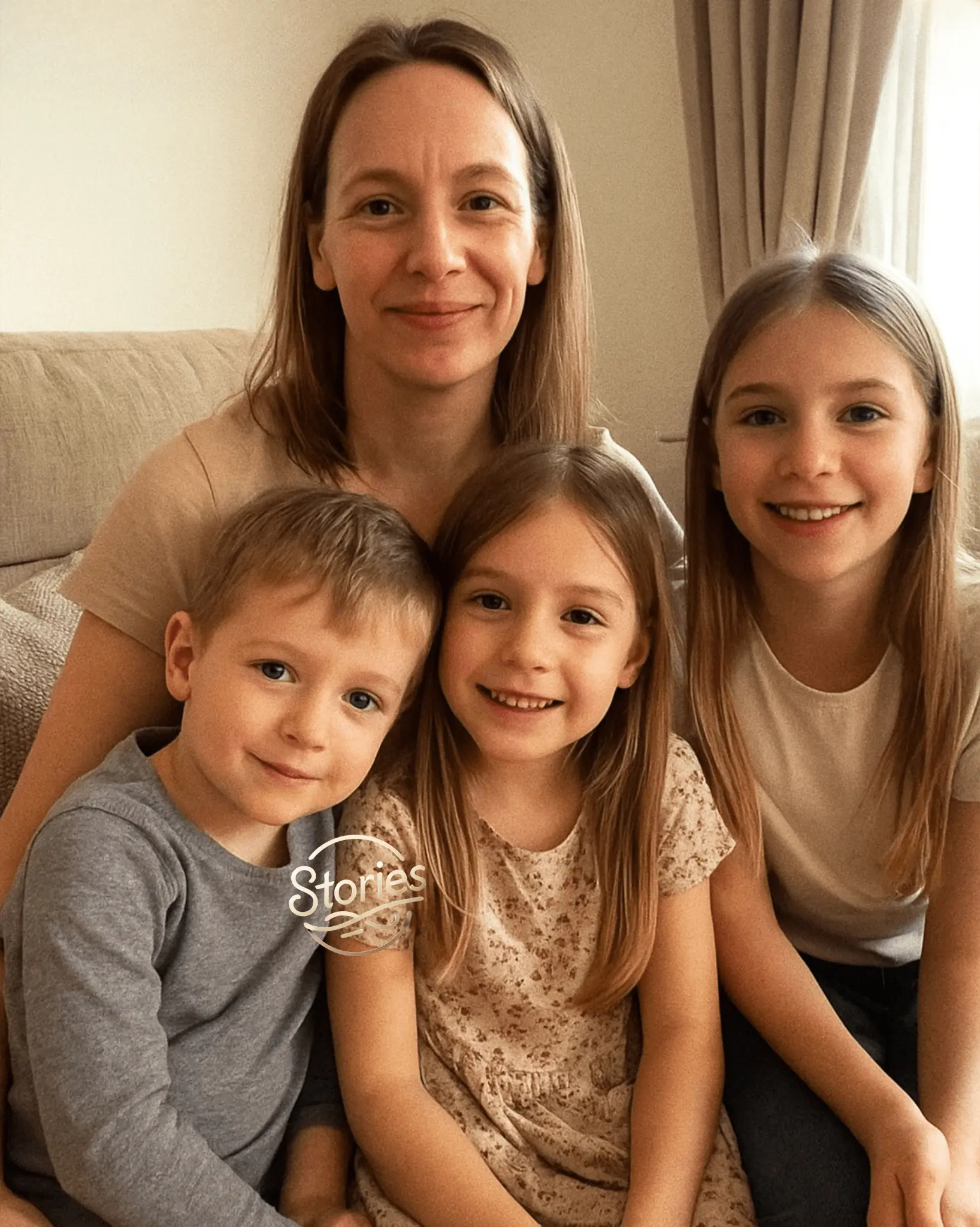
My Landlord Raised My Rent Because I Got a Promotion — Big Mistake Messing With a Single Working Mom of Three
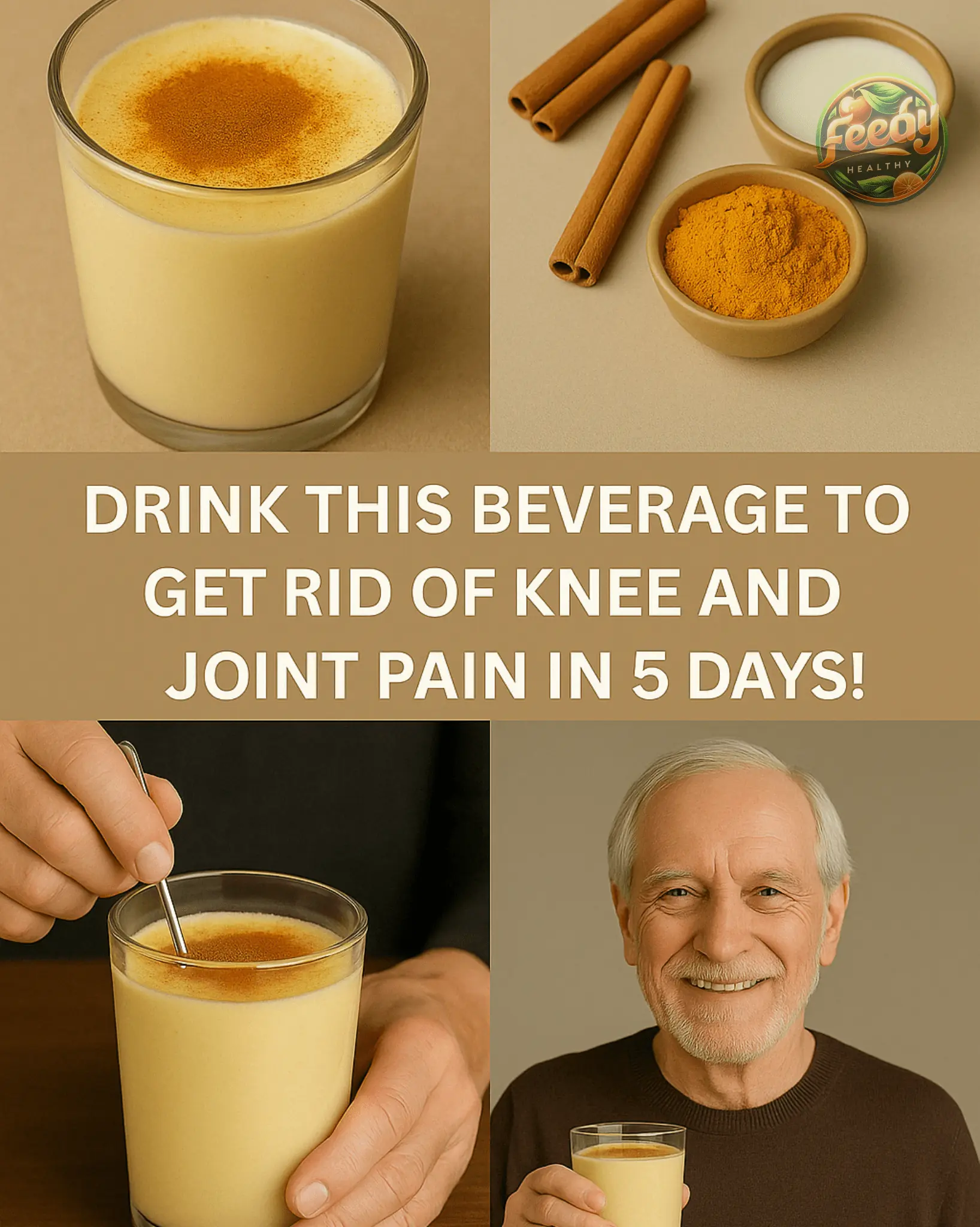
Say Goodbye to Knee & Joint Pain with This Powerful Anti-Inflammatory Drink
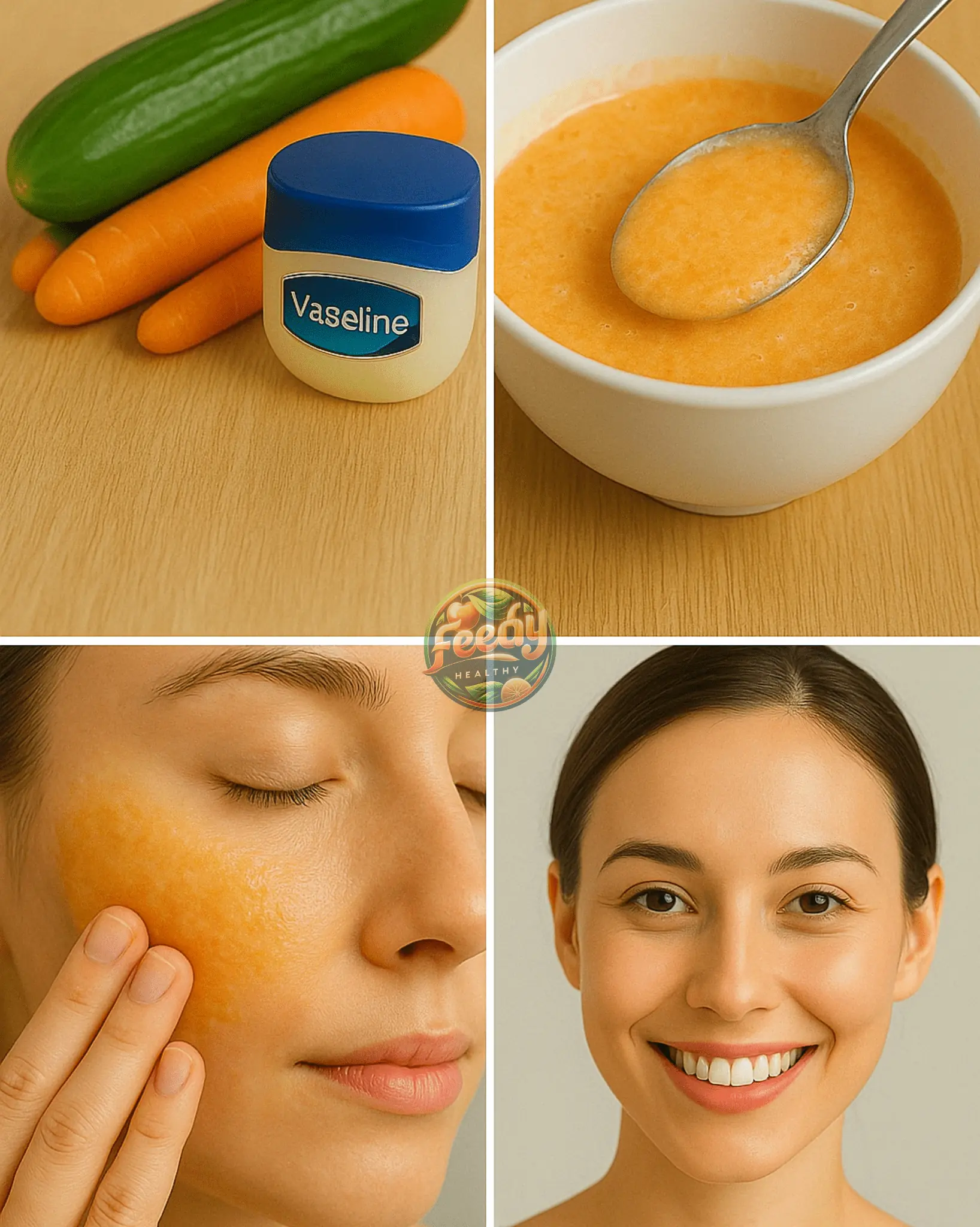
Instant Wrinkle-Reducing Mask with Vaseline, Carrot & Cucumber

My Daughter-in-Law Threw My Belongings Out of the House After Claiming She Inherited It, But Karma Got Her That Same Day.

Meet Simon Cowell’s only kid, who made a fortune on American Idol.
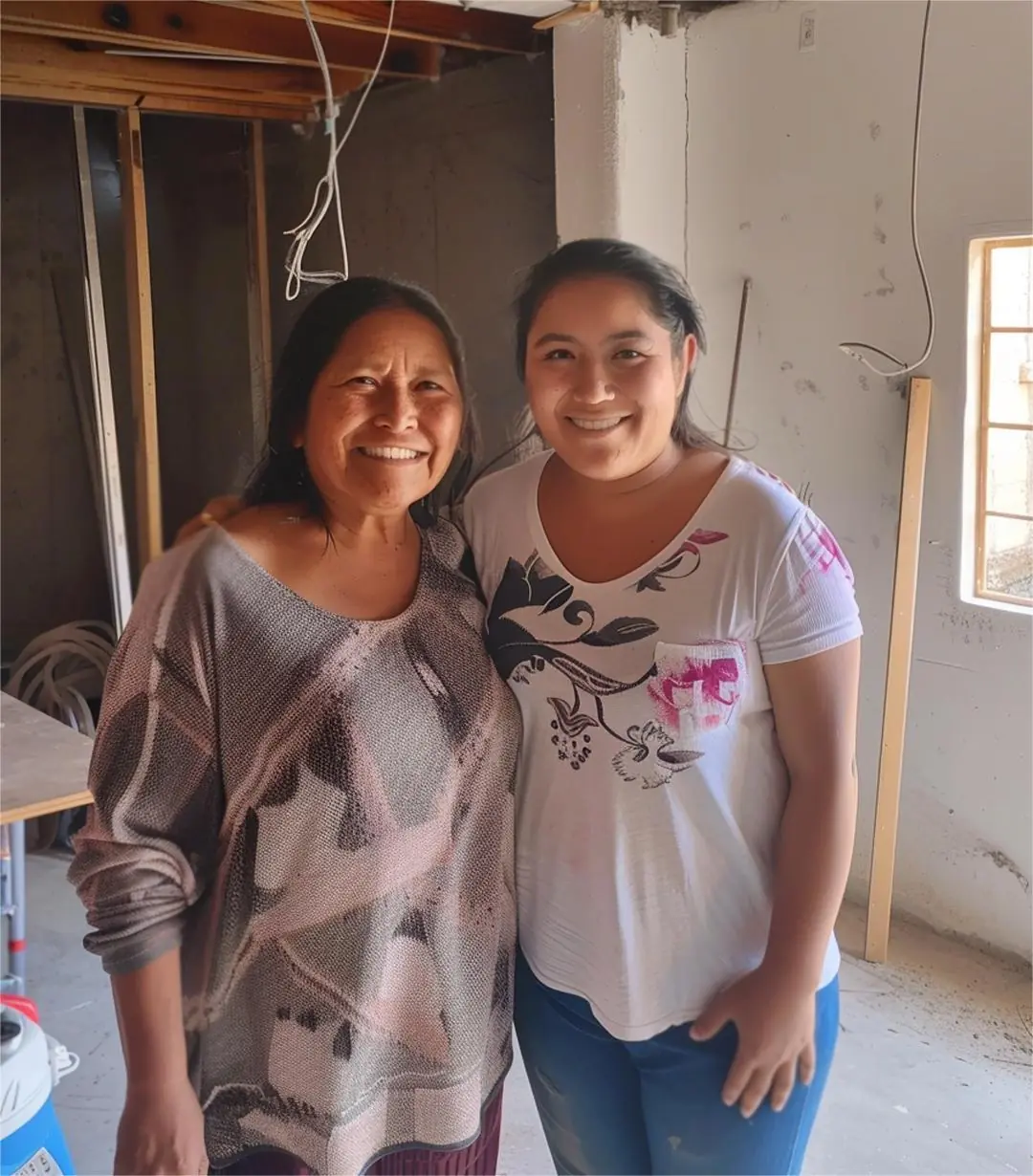
MY MOM PROMISED ME THE FAMILY LAKE HOUSE — AFTER I PAID FOR THE RENOVATIONS, SHE GAVE IT TO MY SISTER.

74-Year-Old Woman Adopts German Shepherd Whose Owners Wanted to Euthanize Him…

Straight Family Man Prefers To Wear Skirts And Heels As He Believes ‘Clothes Have No Gender’

Tragus Piercing – A Small Symbol with Big Personality

This optical illusion may help identify autistic traits in seconds

Julia Roberts Gave Birth to Twins at 37 — Pics of Her ‘Beautiful’ Teens Who Look like Her Husband

ABC Cubes For Flawless Skin

Scientists Grow First Fully Formed Tooth In Lab — A Groundbreaking Breakthrough

Fermented Rice Water & Cloves Scalp Treatment

Top 10 Hydrating Serums for Dry Skin Trusted by Experts and Beauty Enthusiasts
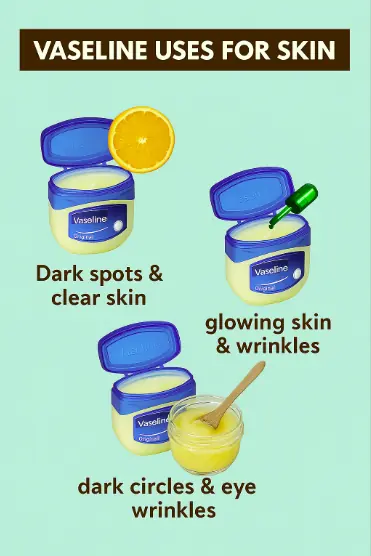
Amazing uses of vaseline for skin
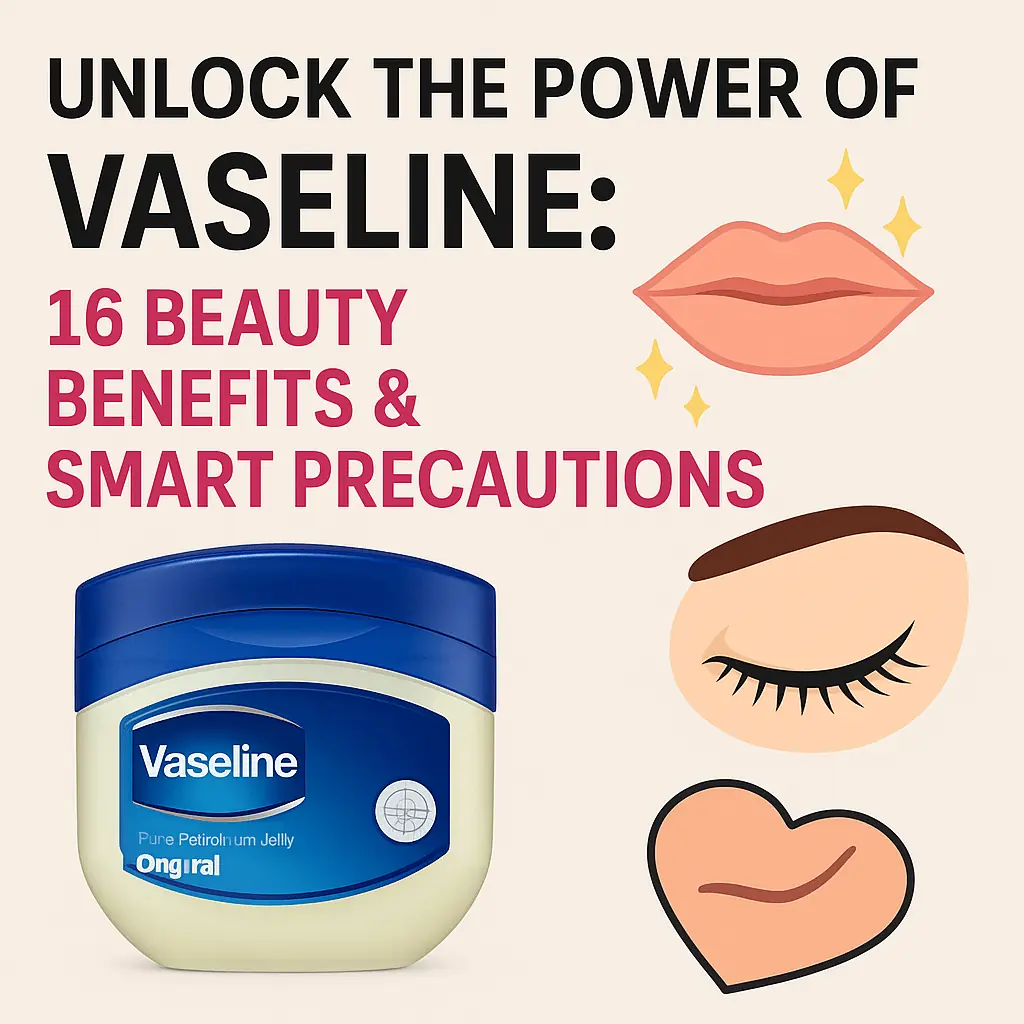
Unlock the Power of Vaseline: 16 Beauty Benefits & Smart Precautions
